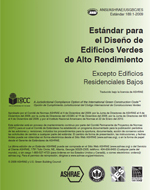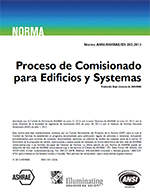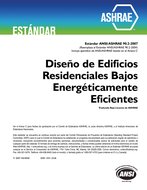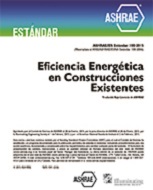Description
The application and control of humidification in commercial environments is a vital requirement in engineering planning for today’s buildings. The housing of electronics, computerization, graphics, artifacts, and art as in museums, records, files, data storage and microfilm, fiber optic instruments, emulsified film storage, and archives are all important factors and reasons for investing capital dollars to store vital record references and sensitive equipment. Such a building system will be described in this case study, where a humidification and dehumidification system was applied and installed in an existing concrete brick building. This structure was previously a chemical storage building, but with retrofit and energy management, was transformed into a central storage and filing building.
A reactive heat and humidity transfer medium (solid desiccant sorption silicon bed) humidifier unit controls temperature and humidity in a regional municipal records storage building facility. Not only was it needed for humidification and inherent heat requirement, but a unit that could be diversified within its capability to have auxifiary heating and cooling coils placed into the original outlet ducting for year-round climate control.
This building was air sealed and had all but four windows blocked up and insulated. The four openings were retrofitted with thermopane windows, and a new roof was applied to the building. The original steam heat system was terminated at the main cut off valve and the heating-humidification requirement was replaced with a desiccant heat transfer unit and four externally mounted 12 kW auxiliary heaters. Should more staff be required in this faciliy, environmental temperatures would have to be increased from 66°F to 70°F. This would require four additional 9 kW in-duct electrical heaters installed to increase makeup heat previously supplied by plant steam. The reactive heat and humidity transfer medium of the system would automatically regulate environmentally according to the newly adjusted thermostat set points, The three feet thick concrete walls that are 60% below grade are a heat sink resource in winter and cool resource in summer. Because of the proximal cold water storage basin supplying the water purification plant with cold Lake Ontario water, we took advantage of free cooking and installed cold water supply and return copper piping to the added three pass cooling coil of the main unit. With automated control, switchover to cooling phase was easily integrated. All the while, humidification is maintained to the required setting.
Destratification fans in the cellular roof design force tempered air to the floor area maintaining the environmentally controlled air homogeneously 24 hours per day. The building is occupied seven hours per day by six people in alternating schedules. Such a building facility is unique in Canada and can serve as a sample system in many North American or international applications.
Innovative systems with efficient conductors save additional electrical application costs in supplying electrical energy to the three motors on the existing equipment. The cost of the total installation was $57,860. This included cooling coil and copper piping as well as the external auxiliary electrical heaters. The cost savings in stream generation and transportation of energy using this humidification unit were $16,200 per year. This accounts for net savings after all electrical motor costs and electrical heater costs were deducted from gross savings. The cost to run the combined 13.5 HP of three motors is $2050 per year at .022/kWh, which totally equates to a 3.5-year payback.
The unit cost has now paid for itself and the facility is a self-sufficient operation. This is an energy management system to be seriously considered in all national cosmopolitan applications.
Citation: Symposium, ASHRAE Transactions, vol. 95, pt. 1, Chicago 1989
Product Details
- Published:
- 1989
- Number of Pages:
- 15
- File Size:
- 1 file , 3.1 MB
- Product Code(s):
- D-CH-89-24-3




